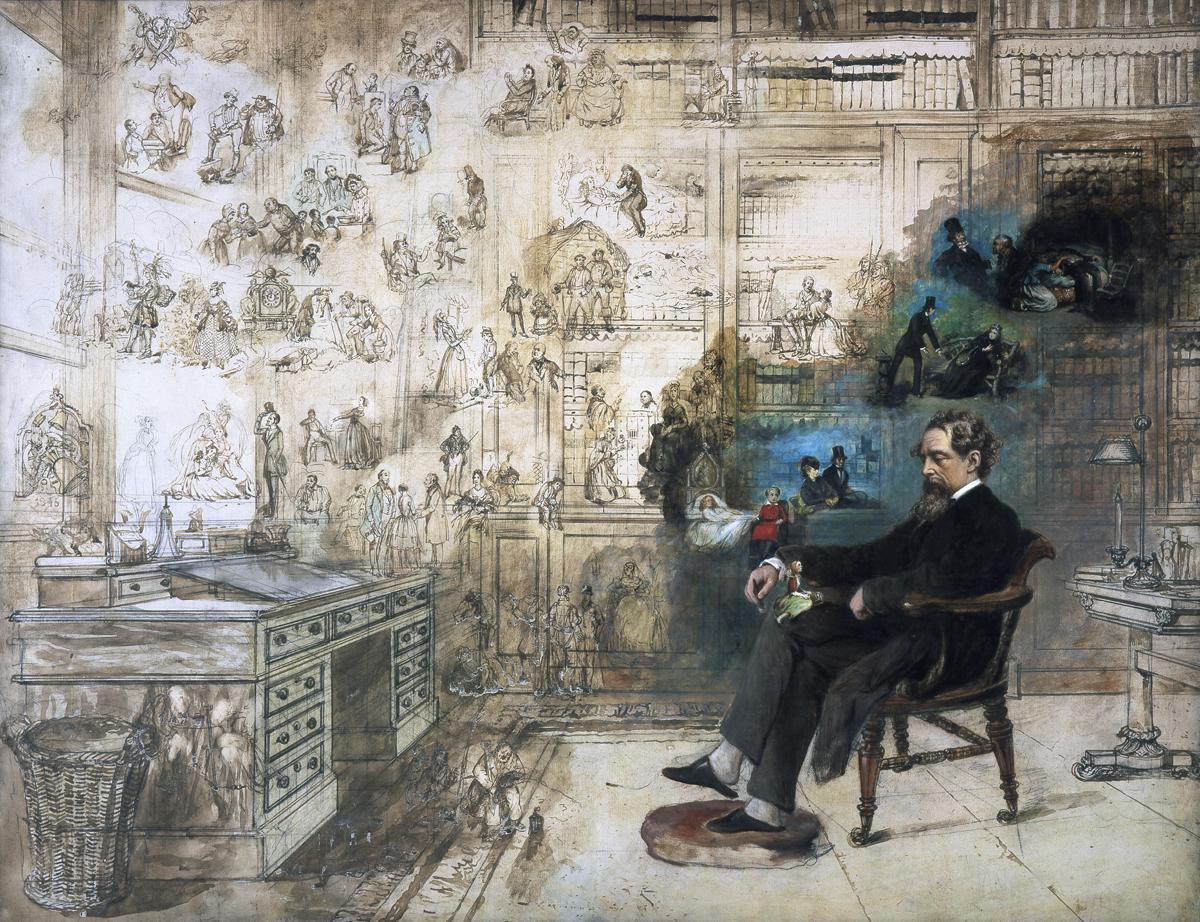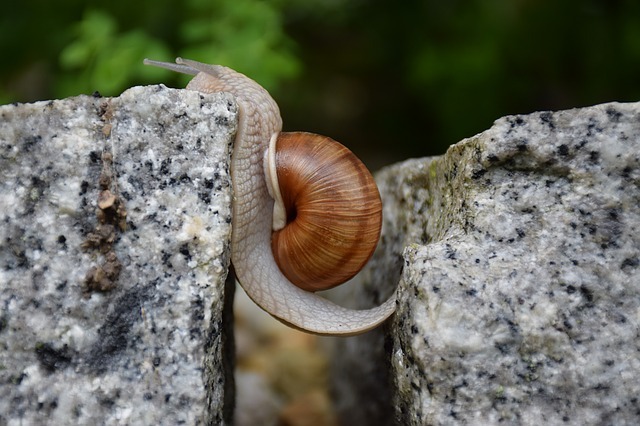Perseverance is one of those it-depends virtues. Persevering in doing good? Praiseworthy. Persevering in doing something wrong? Doubly wrong. Persevering in doing something stupid? Extra stupid.

So perhaps perseverance is more of a magnifier than a virtue in and of itself. “It might have been a stupid thing to do, but at least he persevered with it,” – said no one ever.
But perseverance is an important quality, nonetheless, because you won’t get anywhere without it. It is cousin to self-control and part and parcel of being a grownup. None of which makes it easy. Trust me – I struggle with this one as much as the next person.
For me, at least, it’s not a problem with quitting too easily. Not-deciding to call it quits and let go is easy for me – it doesn’t require me to do anything at all! But that’s a passive perseverance: it doesn’t actually get you anywhere (except buried under a pile of unfinished projects. Ask me how I know…).

It’s positive perseverance that I struggle with. When the project sits on my desk, or by my chair, large and looming, its unfinished-ness bulging in all directions, it’s easier to just do something else. After all, with a big long-term project, what’s one day here or there? Except every day is, when you look at it, just one day.
It’s so easy to decide that the amount of work you can do in that one day won’t even be noticeable next to the enormous mound of work remaining (which may well be true) and that it’s not worth the struggle of doing it; it won’t make any difference (which is false).
Back in May 2013, I decided that I was going to get a move on with the WIP or it would take me til 2020 just to finish the first draft. Several plans later (I’ll spare you all the links, but it’s all in the archives if you’d like to watch it unfold in fascinated horror) I finished the first draft, in December 2014. It is now November 2016, and I am perhaps a quarter of the way through the second draft.
 Not Good Enough. Of course, there have been distractions, delays (moving house, anyone?) and other projects, but still, for a full-time allegedly professional writer, it stinks.
Not Good Enough. Of course, there have been distractions, delays (moving house, anyone?) and other projects, but still, for a full-time allegedly professional writer, it stinks.
I have, therefore, decided to move my perseverance from the ‘passive’ setting to the ‘active’ setting by attempting a sort-of NaNoWriMo – a PseuDoNaNo, one could call it – in which I endeavour to write 50,000 words of second draft (should be about half the total, I calculate) during the month of November. 2,500 words a day, Monday to Friday.
The provisional plan after that is to rewrite the last quarter (the easiest bit to write, the first time around) in December, give it a polish, and then get it out to beta readers early in the new year.

I have no idea how long the path to publication will take (editing, typesetting, cover design etc etc etc) but I am hoping that the last sun of 2017 will set on me as a published writer. (More published than I am now, anyway.)
I have been working on my preparations and creating buttresses for my weak points (most notably the dreadful twin habits of writing before I think, and writing a scene on and on til it dies of exhaustion, which were between them largely responsible for the bloated size of the First Draft) so I think I have a good chance of succeeding, as long as I – you guessed it – persevere.
“See first that the design is wise and just;
that ascertained, pursue it resolutely.
Do not for one repulse forego the purpose
that you resolved to effect,” as Shakespeare didn’t say.
I intend to keep blogging throughout November – though not, you will be happy to hear, with endless updates on the writing process – and I promise I will let you know how it all went come December.





